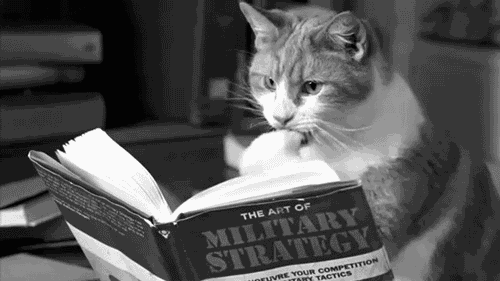Humans have been writing, telling, and sharing stories for years. From the moment we are children all the way into adulthood, the escape into a novel or fairy tale is one of the most common pass times. Not everyone can write a truly good book, but everyone can study the art of writing to improve their skills.
A story is complex. Not only do you have to actively think out a plot, but you have to take the concepts from your mind and put them into physical, readable format. The reader is not seeing what you do, they need to be told what's happening, and for some that can be a little daunting.
What's the basic structure of a story?
Beginning, middle, and end.
Start with an origin. Who or what is this about? Don't jump into action, write about the subject and help form an emotional bond with them and the reader. Reading about a character with a well-flushed out backstory is much more interesting than a faceless, emotionless character charging into battle in the first chapter.
Basically, give the reader someone or something they will care about. Maybe even relate to. Every good, successful book has beloved characters, so don't doubt that a good introduction can make that battle scene you've planned out a lot more emotional and tense.
Next, conflict. It has to be unavoidable, something that your subject can't just skip over or avoid completely. You can have conflict happen before the first page, but always have some type of situation happen during the story for your readers to experience with the protagonist. A great example is post-apocalyptic novels. The first conflict happens before the story starts, but there is always another to happen during the read. These events, conflicts, drive the story forward.

There are so many ways to introduce conflict. There are two main paths though, which may or may not work from your plot. The first is to start the story and then rip away something from your protagonist, the second is to dangle something they want in front of them, having them pursue it throughout the story.
The point of your story is to change the character. This conflict will change them in some way. Emotionally, physically, maybe even both. Like real life, things change people. Reader's will be unsatisfied with the resolution of your story if, at the end, there is no character growth and development. Change isn't always good though. Your character can become something different. Darker, even.
At the end, your subject will emerge different, with lessons learned from what they've been through and in turn, what the reader followed them through. The change your character has will mark the resolution of conflict, and ultimately the end of the story.
The three things a story absolutely needs? Characters to care about, conflict, and change. You can perfectly structure out your novel, but it will fall flat without those three essential points.